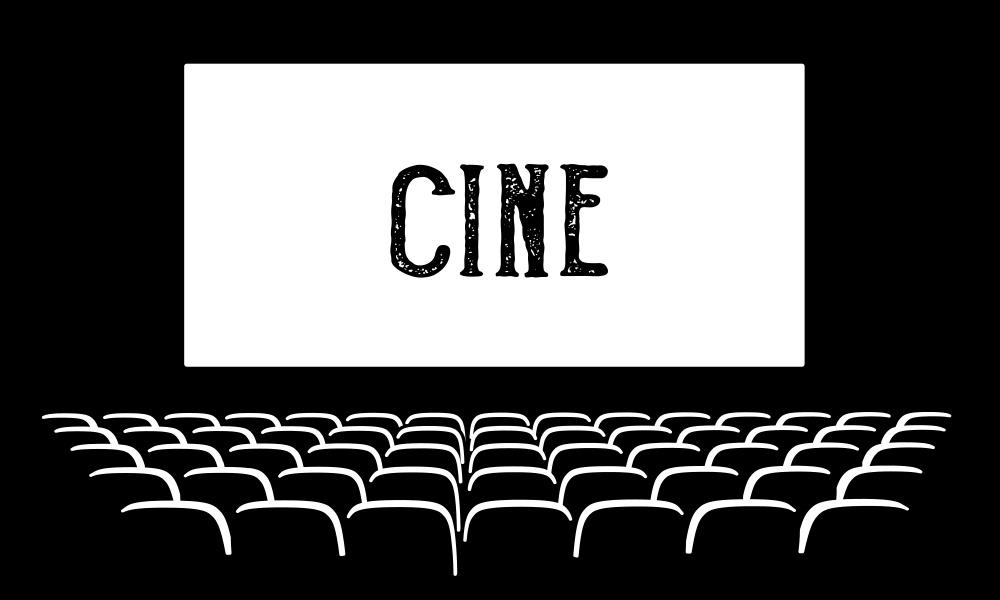The UC3M approves the creation of the University Institute of Spanish Cinema
7/12/21
The Universidad Carlos III de Madrid (UC3M) has approved the creation of the University Institute of Spanish Cinema, which will be dedicated to teaching and research within the cinema and audiovisual fields. It will be presented at a public event this October on the occasion of the recently created Day of Spanish Cinema (6th October).

According to the Institute’s regulations, its roles include organising, developing, and assessing plans and research projects into Spanish cinema. Its main objective is combining the dual facet of cinema as art and industry from an academic, economic, and social perspective, encompassing other media where moving images are used, such as television, video games, and digital design, among others.
Another of the centre’s functions is scheduling postgraduate teaching activities, as well as professional specialisation and updating. In this sense, courses, workshops, and training activities related to the University Master’s Degree in Cinema and Television, the UC3M Master’s Degree in Cinema and Television Script, and the University Master’s Degree in Advertising Communication are being planned, with the incorporation of the University Master’s Degree in Transmedia Documentary and Reportage, the UC3M Master’s Degree in Music Industry and Sound Studies, and the UC3M-Vogue Master’s Degree in Fashion Image: Styling and Audiovisual Media.
The Institute also aims to promote the distribution and execution of works and publications about Spanish cinema, which highlight the cultural value of the Spanish film sector. In this context, issues such as equality, technological intervention for accessible cinema, ecology, and migratory behaviour, among others, will be addressed.
The Institute will seek to promote the scientific, technical, artistic, and pedagogical update of its members and the university community, as well as contracting and undertaking scientific, technical, and artistic work with individuals or public or private organisations within the framework of current legislation. The centre will be able to host visiting researchers from universities in Spain and abroad, as well as hire scientific and academic staff to undertake specific, determined, and short-term tasks. In addition to this, it can accept research staff onto training with undergraduate or postgraduate students who are preparing their PhD and/or postgraduate studies in subjects related to the Institute’s field of research and study.
